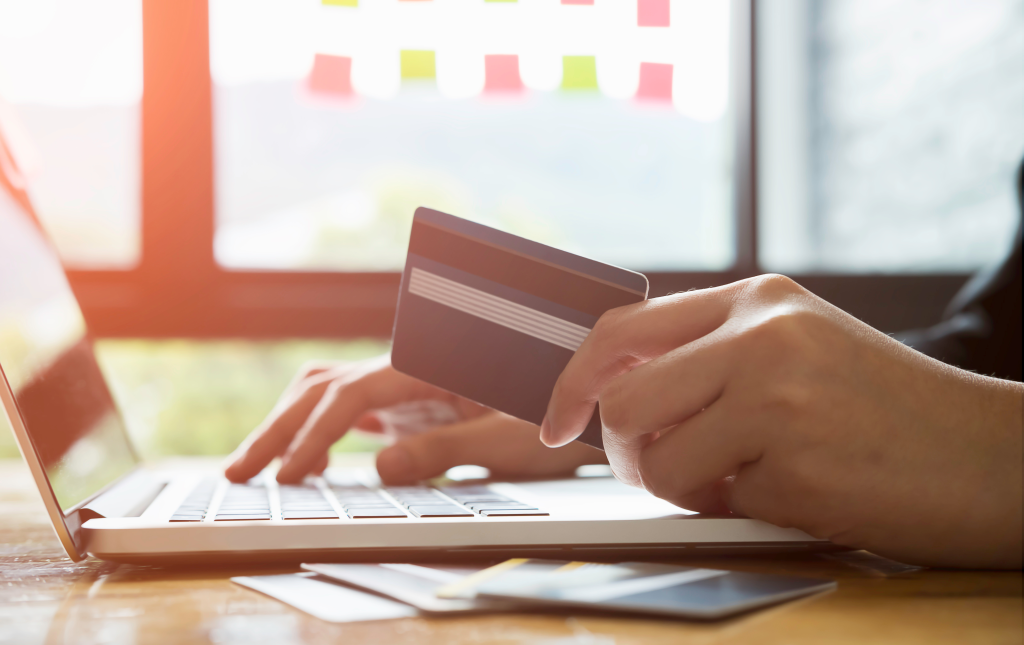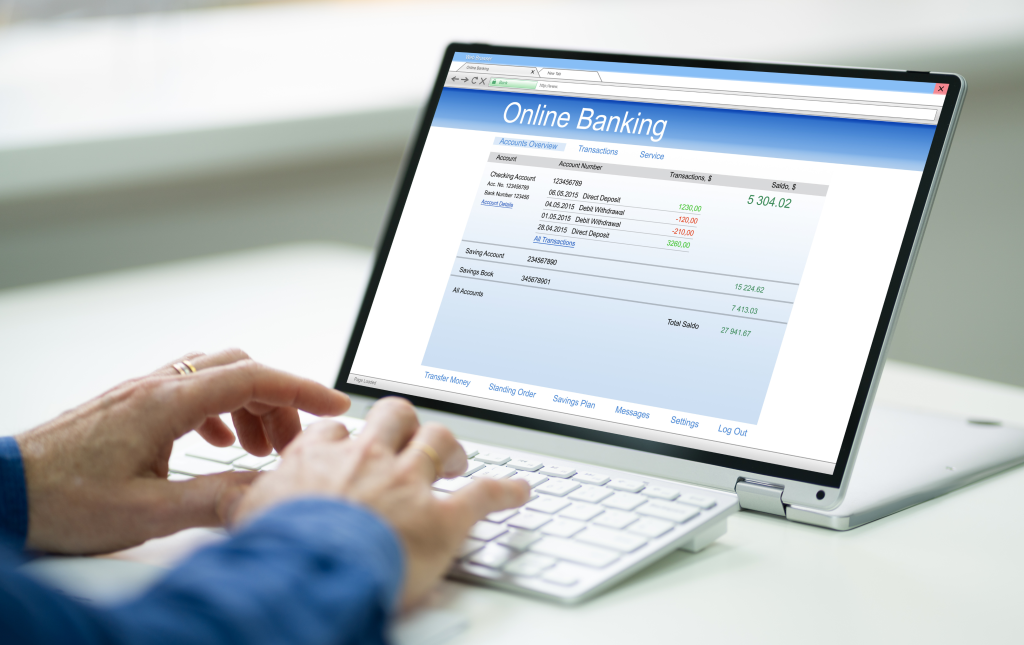With Black Friday, Summer then Christmas coming up, you’re likely to spend some time shopping online. We want you to have a safe and secure online shopping experience, so in this blog, we’re sharing some of our top tips for better online shopping security!

Do your research
Are you shopping somewhere new? Yes? Then it’s a good idea to do a quick Google search on the company for online shopping security measures! Look for any negative news articles, verify their contact details, ensure they offer customer support, and check their physical location on Google Maps.
When you do an online search with the name of the website, google the name of the company with ‘review’ and/or ‘scam’ on the end. If the company has been fraudulent with other customers it’s likely they will write about it online.
It’s also a good idea to check out the website’s refund policy and options, this is because big and legitimate companies will usually provide this information on their website.
In the case of buying from a private seller on social media, check their profile’s age, the number of friends they have, and look for any other evidence that proves they are genuine.

Make sure everything lines up
If something feels off or seems too good to be true while shopping online, chances are it probably is! To ensure safe and secure online shopping, treat any hard-to-believe deals with caution.
Check that the URL of the website matches what the company is selling. For example, if a company with the URL Betty’s Baked Goods was selling Nike shoes, that should raise a red flag that the website is illegitimate.
Also, if an offer seems too good to be true, unfortunately, it probably is. Extremely low prices and unrealistic discounts are a technique for scammers to hook you in and steal your money. They will either send you counterfeit products, something else entirely or nothing at all! Lastly, don’t forget to check out Netsafe’s website checker! If you’re unsure about a website’s legitimacy, just copy and paste its URL into this handy tool to check out its authenticity.

Only click links your 100% sure about!
When shopping online, you need to remember that not every web listing is secure, and not every Facebook ad is genuine.
We would recommend that you avoid clicking on sponsored listings when searching the web. This is because any website can pay to have its listing sponsored, so you can’t be certain its legitimate.
Also, be cautious with shopping ads on social media, and don’t click on them unless you’re 100% sure they’re from a trusted page. For tips on spotting fake and malicious ads, read our blog post ‘Fake News Story Scams.’

Check the connection is secure
There are a few ways to ensure a secure connection and top-notch online shopping security!
First up, you can click the site info icon or lock icon next to the URL to check the security of the connection. In Google Chrome, when you click on the site info icon, not only can you check the security of the site’s connection, but you can also check cookies and site data as well as the page’s source.
Another way to check if the website is secure, is by double clicking on the URL. A secure page will have “https” in front of the URL, whereas an un-secure page will have “http”, notice the lack of an s.
Although this alone is not a guarantee a site is safe or legitimate. Recently scammers have been able to take over legitimate sites or authenticate a scam site. You should check these things before you log in, register or check out!

Be cautious about saving card details online
Some website’s will ask if you want to save your payment details after making a purchase with them. But, should you allow websites and browsers to save your card details, or does it compromise secure online shopping?
If the website isn’t using a third party payment system you should carefully consider what they will use this information for and how they will personally protect it.
Saving your card details online also makes it easier for scammers to access your details. If someone was to gain access to your device, they would only need one password to make payments and access your payment and card information. We suggest only saving your payment information when the website uses third party payment systems such as PayPal, Apple Pay or Google Wallet.

Check your bank statements
Always check your bank statements to make sure there are no unexpected withdrawals or any fraudulent activity, especially after having entered your card details online.
If you do spot something unexpected, call your bank immediately!
If you need help with improving your internet connection to do some safe and secure online shopping Book a Geek today! We’re also here to help if you suspect you’ve clicked an online link that has downloaded malicious malware on your device. Enjoy your Black Friday and Christmas shopping, and stay safe online, Geek fans!